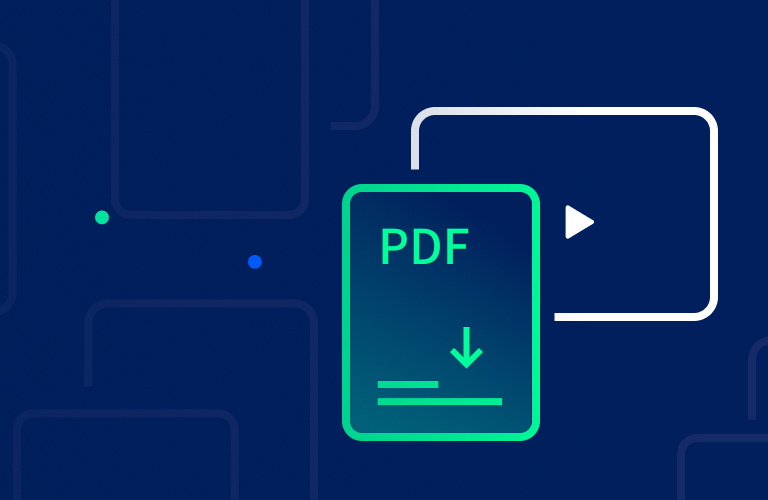De Novo Design of Blocking Antibody
1 Product Overview
This product integrates artificial intelligence and protein engineering technologies, combining advanced molecular design tools to create a comprehensive end-to-end solution, from antigen functional region analysis to nanobody screening and optimization. Through precise blocking region prediction, intelligent design of peptides and nanobodies, and high-throughput computational screening, this service rapidly generates high-affinity, high-specificity nanobodies targeting the desired proteins.This novel, efficient, and systematic solution significantly advances technological innovation in fundamental research and biopharmaceutical development, providing comprehensive support to clients.
2 Product Screening Workflow
2.1 Identifying the Blocking Region of the Antigen Protein
In the interaction mechanism between the antigen protein and other molecules, the key blocking regions typically determine functional binding between molecules. By conducting an in-depth analysis of the functional regions of the antigen protein or its binding region with receptor proteins, bioinformatics tools are utilized to identify the blocking region. This process provides precise scientific evidence for designing efficient blocking antibodies.
2.2 De Novo Design of Binding Peptides
Binding peptides serve as critical seed molecules for designing blocking antibodies. Using the state-of-the-art protein design tool RFdiffusion, 100 peptides of varying lengths (7, 11, and 15 amino acids) are generated de novo. These peptides comprehensively cover potential binding sites, ensuring diversity and applicability among the candidates.
2.3 Selection of High-Affinity Peptides
Through molecular docking, the binding modes of all candidate peptides with the antigen protein are evaluated. The Top 10 peptides with high affinity and specificity for the blocking region are selected. These peptides provide reliable templates for subsequent nanobody design.
2.4 Construction of the Nanobody Library
The Top 10 peptides are inserted into the CDR3 region of the nanobody scaffold, with selective mutations applied to optimize the CDR1 and CDR2 regions. Using mutation and combinatorial strategies, a synthetic nanobody library with a capacity of 1,000 sequences is constructed. This step significantly expands the functional potential of candidate molecules while enhancing the diversity and applicability of the antibody library.
2.5 HDock Docking Evaluation
Using the HDock molecular docking tool, the nanobody library is further screened to identify candidates with strong affinity for the antigen protein. Candidates are ranked based on binding affinity, and the Top 10 nanobodies are selected for the next stage of evaluation. This process ensures that the selected antibodies exhibit high affinity and stability.
2.6 AlphaFold Comprehensive Evaluation
Using AlphaFold, the structures of the selected nanobody-antigen protein complexes are predicted and evaluated. The binding stability and specificity of the antibodies to the blocking region are analyzed, and high-affinity nanobodies with strong competitive inhibitory effects are finalized, ensuring they meet the desired functional criteria.
3 Deliverables
1 | 3D Structural Model of the Antigen Protein, along with modeling scores |
2 | Binding Peptide Sequences and corresponding PDB files generated based on the antigen blocking region |
3 | A Nanobody Library with a capacity of 1,000, including nanobody sequences and PDB files |
4 | Raw HDock Docking Data between the antigen protein and all nanobodies |
5 | Raw AlphaFold 3 Evaluation Data for the antigen protein and the Top 10 nanobodies |
6 | Comprehensive Excel Dataset and Project Service Report |
7 | Delivery of at least 1 nanobody sequence with an AlphaFold 3 total score ≥ 1 |
8 | Delivery of 1 detailed visualization of the core binding sites between the antigen protein and the optimal blocking nanobody |



